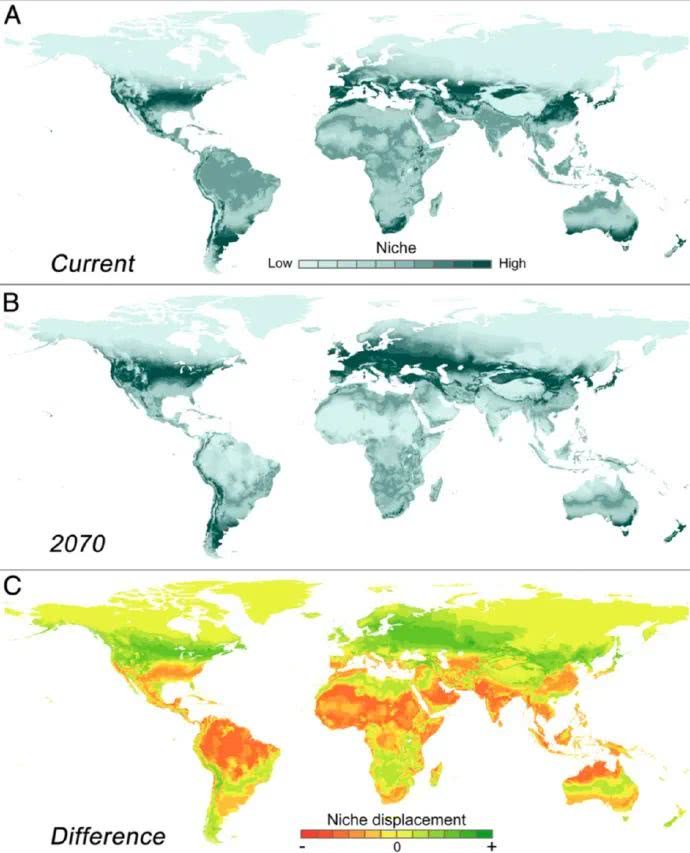Study: One-Third of Humans Could Face Almost "Unlivable" Heat by 2070
A new study predicts that in just 50 years, as many as 3.5 billion people could be facing "near-unlivable" heat.
The extreme heat would be a result of rising world temperatures linked to human-made climate change, the study suggests.
Researchers from the United States, China and Europe were involved in the study. The Proceedings of the National Academy of Sciences reported the results.
Marten Scheffer is an ecologist at Wageningen University in the Netherlands. He helped lead the research.
He said the research shows that historically, human populations have mostly lived in areas where the average yearly temperature was between 11 to 15 degrees Celsius. A smaller number lived where the average temperature was higher, between 20 to 25 degrees.
Scheffer said that since these population centers have existed for several thousand years, it suggests the areas represent a climate "niche" necessary for human survival.
But if world temperatures keep rising, this could put large parts of the population in areas too warm to live in without cooling technology, Scheffer and his team reported.
The exact number of people who could be put at risk depends on whether pollutant levels of heat-trapping carbon dioxide can be reduced and how fast the world population will grow.
Under the worst-case predictions for population growth and carbon pollution, the study estimates about 3.5 billion people could be living in extremely hot areas by 2070. That would be one-third of the world's projected population.
Even predictions considered by some scientists to be more likely estimate at least two billion people will be living in places too hot to survive without air conditioning in 2070, the study found.
"It's a huge amount and it's a short time. This is why we're worried," Cornell University climate scientist Natalie Mahowald told The Associated Press. She was not part of the study. But she and other outside scientists said the research makes sense and presents the urgency of man-made climate change differently than past studies.

The new study used an unusual method to identify the climate niches the research is based on. A team of international scientists studied humans like they do bears, birds and bees to find the areas where human populations live and thrive. The researchers looked back 6,000 years to create the niche areas.
Currently, about 20 million people live in places with an average yearly temperature greater than 29 degrees Celsius. The areas make up less than 1 percent of Earth's land, and mostly near the Sahara Desert. But as the world gets warmer and more crowded, the study predicts that large areas of Africa, Asia, South America and Australia will also likely be in the same temperature range.
Study co-writer Chi Xu of China's Nanjing University predicts that well over 1 billion people will be affected, possibly billions more. But he and other researchers noted there is still time for humans to make climate changing action to slow Earth's warming.
Marten Scheffer said in a statement the study's predictions would mean "unlivable" conditions "for the ordinary, for poor people, for the average world citizen." He said such conditions could lead to major climate migrations from the hottest areas of the world.
Tim Lenton is a climate scientist and director of the Global Systems Institute at Britain's University of Exeter. He helped lead the research. Lenton said countries like Nigeria — with a population expected to grow 300 percent by the end of the century — would likely face major difficulties if the predicted warmer conditions develop.
I'm Bryan Lynn.











